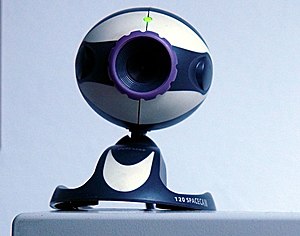The writers that do not need editors keep journals and private writings for themselves or to share in letters, e-mails, or blogs.
Writers that need editors are columnists, article writers, book authors and any other writer, such as in-house writing for organizations or business...anyone whose work is for publication.
Reporters have editors, of course, and we take for granted that this includes the best, prize-winning reporters. Two reporters untangled the Watergate story that kept the political world in Washington, DC, glued to their features in The Washington Post. Every day. For months.
Robert Woodward and Carl Bernstein became more famous when their book about Watergate, All the President's Men, came out of film production starring Robert Redford and Dustin Hoffman.
Remember who was Bob Woodward's most consistent and frequent editor?
Writers know words and thoughts and how they should fit together for specific genres to create reliable and interesting reading. Editors know these things too, perhaps in more detail, and definitely with the unique advantage of objectivity. Editors, therefore, bring what works to help bring readers to the easy chair, sofa, table or computer, Kindle or Nook, with attention glued to a writer's words and pages, whether nonfiction or fiction.
Editing goes beyond grammar, spelling, and structure of language...sentences and paragraphs. Part of good editing is the ability to analyze writing projects, especially books, for direction and flow from beginning to end.
No matter what genre a book fits into, readers expect some enjoyment or satisfaction from the process, even from the most serious book topics. There must be redeeming aspects within a work. In fiction, this can come through minor characters. However it comes, it is essential. These and other ingredients an editor looks for, with an objective eye. The good writer has more inside him or her, usually, than a manuscript displays before editing. Editors seek to help uncover that yet-to-be-expressed skill or insight that the writer can yet reveal.
All of us love to finish a book feeling satisfied, even if shocked by how the story ended or how it was resolved. We want to feel that the writer did not set us up, but gave an adventure of imagination, people (real or fictional), and story.
Remember who edited much of Bob Woodward's writing at The Washington Post when he and Carl Bernstein were hounding the Watergate story? Remember how Bernstein started their relationship, in fact, by taking an article out of a pile and editing it...at his typewriter, of course?
This brief overview of how editors can help writers improve might encourage a writer out there to welcome an editor, rather than dread "what might happen to" the work. What could happen could be even much better than the writer realizes...and that will come to the surface through a good writer-editor relationship. The editing process can enrich the skills and lives of both.
Copyright (c)2011 Opinari Writers Network









